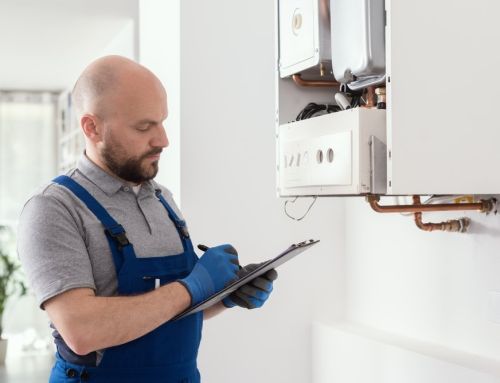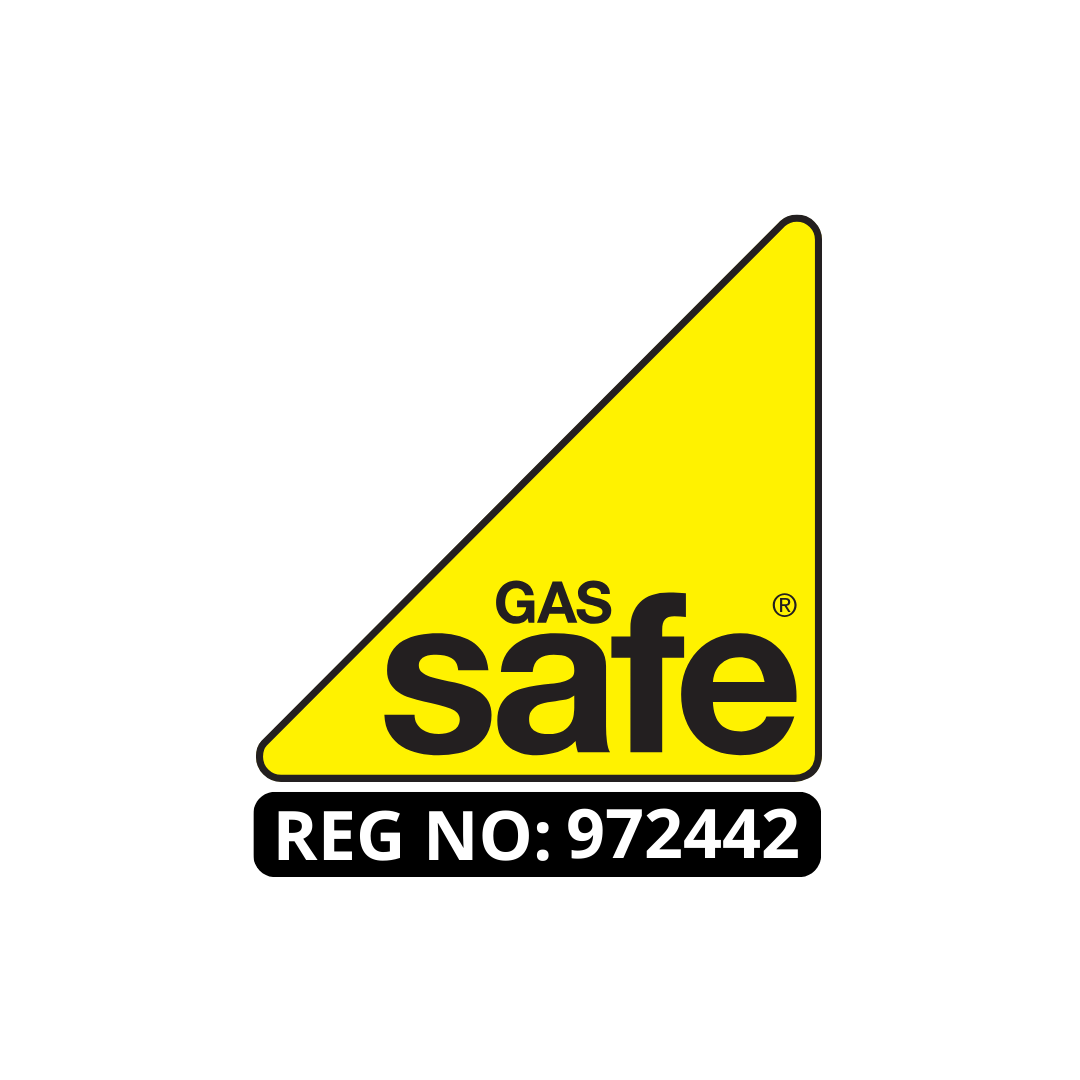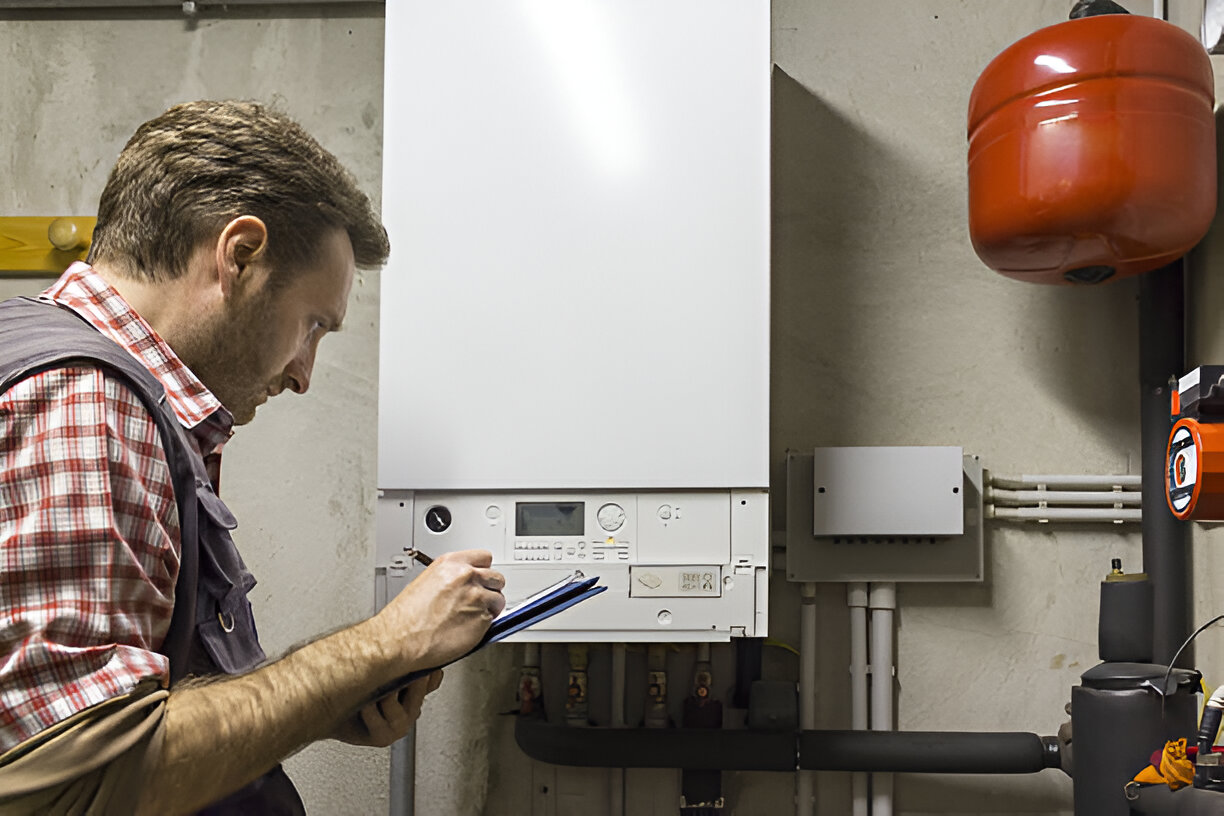
Ensuring the safety and efficiency of residential or commercial gas boilers is not merely a matter of routine maintenance but is also a legal requirement. Obtaining a Gas Safety Certificate for a Boiler, issued after a thorough inspection by a certified engineer, is essential to confirm that gas appliances meet stringent safety standards. While many property owners recognize the necessity of this certification, the underlying complexities and specific protocols involved in the inspection process, as well as the potential legal ramifications of non-compliance, are less widely understood.
As we explore the critical aspects of obtaining and maintaining this certification, several pertinent questions arise regarding the oversight and enforcement of these safety measures.
Understanding Gas Safety Certificates
A Gas Safety Certificate, often called a landlord’s safety record, is a mandatory document for any property with gas appliances.
This certificate proves that all gas appliances, pipes, and flues have been inspected and are safe to use.
It is a legal requirement under UK law, specifically the Gas Safety (Installation and Use) Regulations 1998, that landlords obtain this certificate annually to ensure tenant safety.
The inspection must be conducted by a Gas Safe registered engineer, who assesses the operational safety and ensures compliance with current safety standards.
Failure to comply can result in substantial fines and severe legal consequences, emphasizing the certificate’s critical role in maintaining public health and safety.
Importance of Regular Boiler Inspections
Regular boiler inspections are critical for ensuring the ongoing safety and efficiency of gas appliances within any property. These inspections allow for the early detection of potential hazards, such as gas leaks or faulty burners, which could lead to severe consequences if left unaddressed.
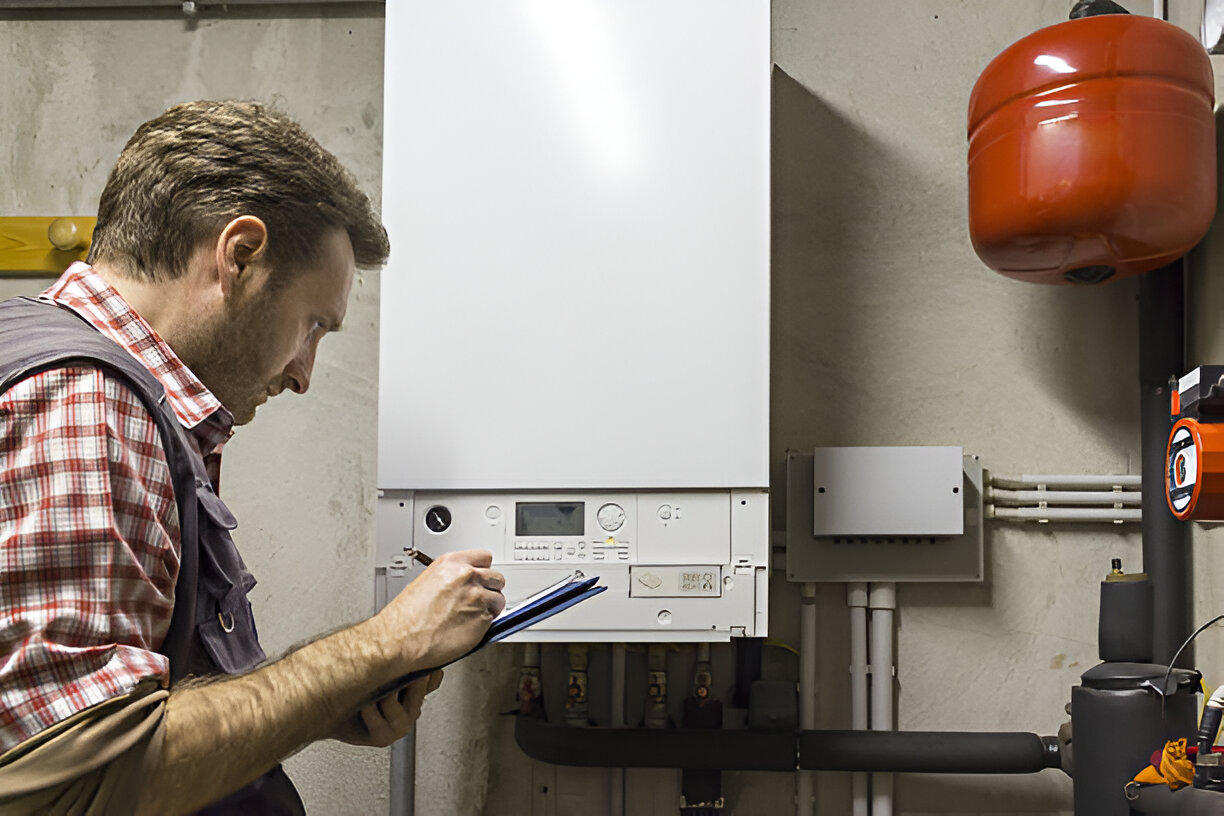
Gas Safety Certificate for Boiler
Additionally, regular maintenance helps optimize the appliance’s performance, reducing energy consumption, and extending its lifespan. A thorough inspection includes checking the integrity of heat exchangers, ensuring correct gas pressure and flow, verifying the functionality of safety devices, and assessing the condition of seals and gaskets.
Engaging a qualified professional to conduct these evaluations enhances safety and assures compliance with evolving standards and practices in gas safety.
Legal Requirements for Boiler Safety
Building on the foundation of regular boiler inspections, it is equally important to understand and adhere to the legal requirements governing boiler safety.
Jurisdictions typically mandate that boilers operate within specific safety standards to prevent accidents and ensure public safety. Compliance with these regulations involves periodic inspections and maintenance checks by certified professionals.
Failure to comply can result in severe penalties, including fines and closure of facilities. Property owners and facility managers must be aware of these legal obligations, which may vary by location and the type of boiler installed.
Keeping abreast of changes in legislation and adopting best practices in boiler safety is not just regulatory, but essential for operational continuity and safety assurance.
Steps to Obtain a Gas Safety Certificate
Obtaining a Gas Safety Certificate is a critical step for ensuring the compliance and safety of any gas-operated boiler system. This certification signifies that your boiler meets the safety standards set by authorities and is safe for use. The process requires precision and understanding of the regulatory requirements.
| Step | Description | Required Action |
|---|---|---|
| 1 | Hire a Qualified Engineer | Choose a Gas Safe registered engineer |
| 2 | Inspection Scheduling | Coordinate a suitable time for inspection |
| 3 | Documentation Review | Ensure all boiler maintenance records are up-to-date |
It is imperative to follow these steps diligently. Engaging a certified engineer not only complies with legal standards but also ensures thorough inspection and assessment of your boiler system, thereby minimizing risks associated with gas appliances.
Common Issues Identified During Inspections
During inspections of gas boilers, several common problems are often detected by certified engineers.
These issues primarily include inadequate ventilation, which can lead to dangerous gas build-ups. Faulty boiler seals frequently appear, posing risks of carbon monoxide leaks.
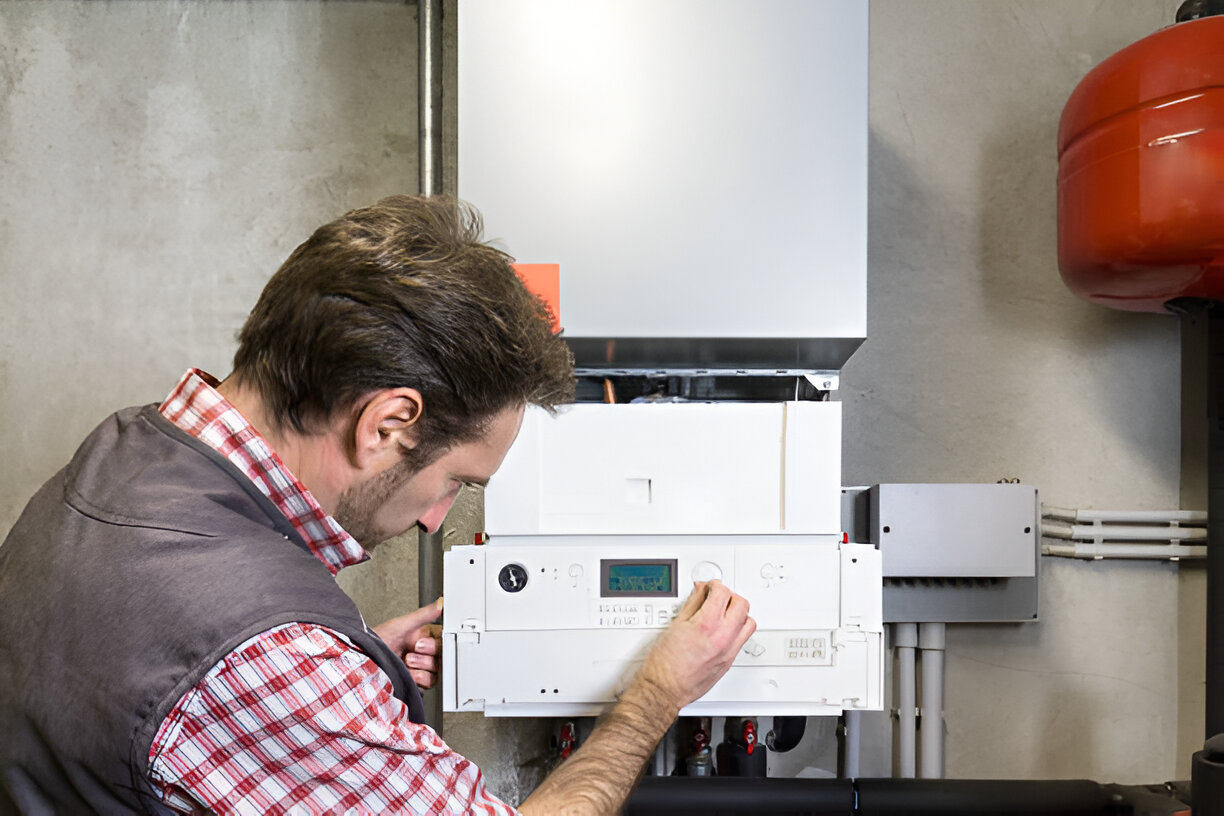
Another prevalent concern is the presence of corroded or obstructed pipes, which compromise the system’s efficiency and safety. Engineers also frequently identify non-compliant installations where boilers do not meet current regulatory standards.
Additionally, poor maintenance practices often result in inefficient combustion processes, subsequently reducing the boiler’s operational efficiency and increasing fuel consumption.
Recognizing these issues during professional inspections is crucial for ensuring the safe and efficient operation of gas boilers.
Consequences of Non-Compliance
Recognizing common issues with gas boilers not only enhances safety but also highlights the significant repercussions of non-compliance with safety regulations.
Failure to secure a valid gas safety certificate can lead to severe legal and financial consequences. Authorities may impose substantial fines or enforce the closure of facilities until compliance is restored, disrupting operations and causing economic strain.
Moreover, insurance claims resulting from incidents in uncertified boilers are likely to be rejected, placing further financial burden on property owners.
Beyond monetary losses, non-compliance risks severe health hazards, including potential fatalities from gas leaks or explosions.
Thus, adherence to gas safety regulations is not only a legal obligation but a critical measure to safeguard health and assets.
Our Pricing
| Our Gas Safety Certificate Prices |
|---|
| Gas Safety Certificate 1 Appliance £45 |
| Gas Safety Certificate 2 Appliance £55 |
| Gas Safety Certificate 3 Appliance £65 |
| Gas Safety Certificate & Boiler Service £74.99 |
Check Out Our Other Services
About the Author: LandlordCertificate
Related Posts
Get Social
Recent Posts
- Fuse Box Installation: Everything Homeowners Need to Know Before Getting Started
- EICR Certificate London: Understanding Your Legal Duty as an Owner
- Behind the Scenes of a Gas Safety Certificate London Inspection in Homes
- The Role of Fire Alarm Installation in Building Safety
- How Often Should a Fire Risk Assessment Be Reviewed?




